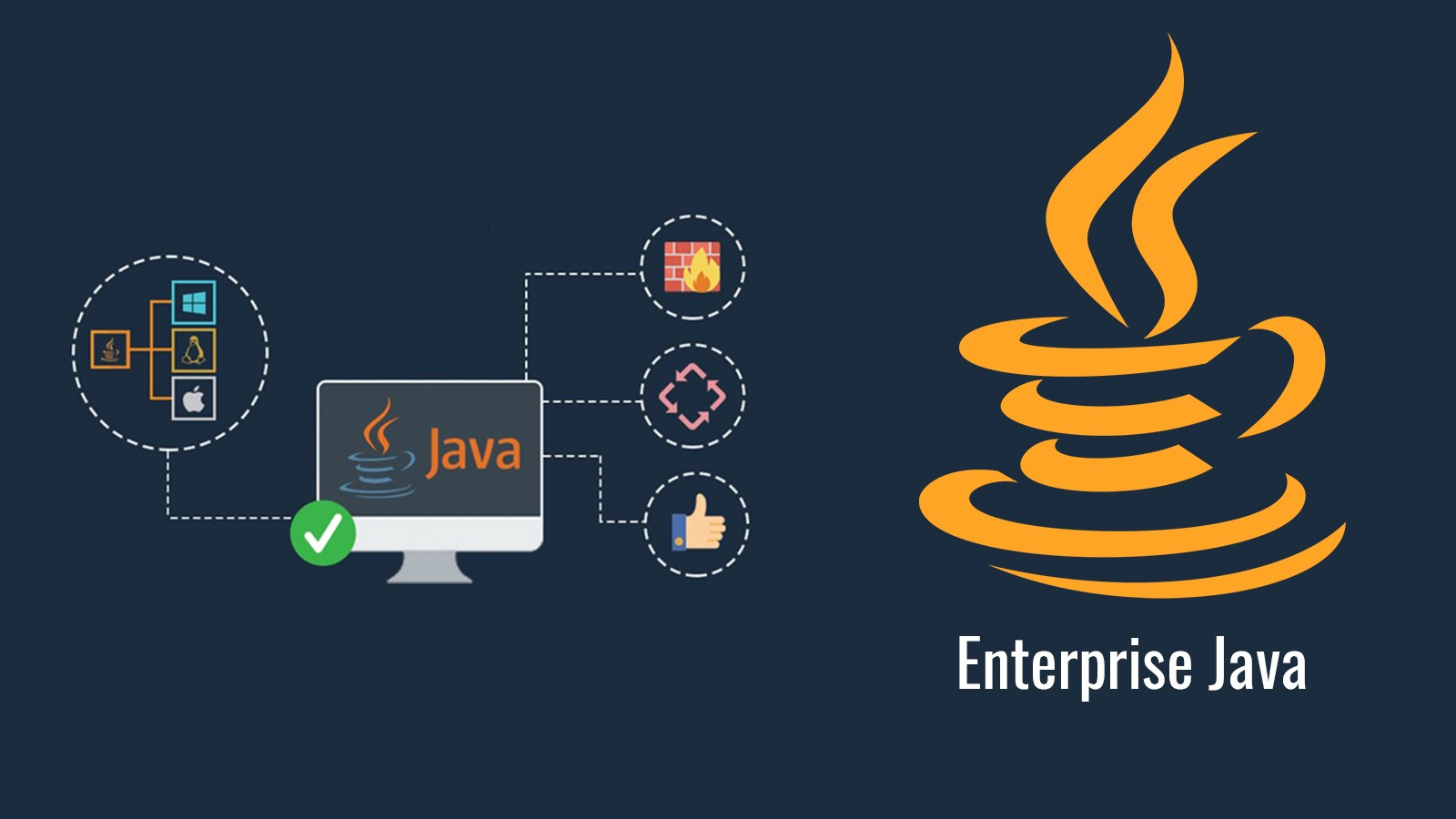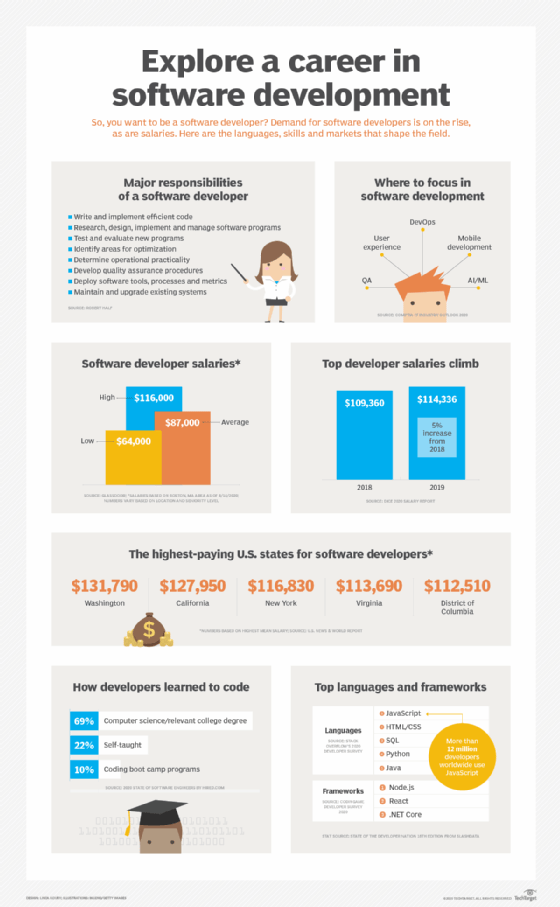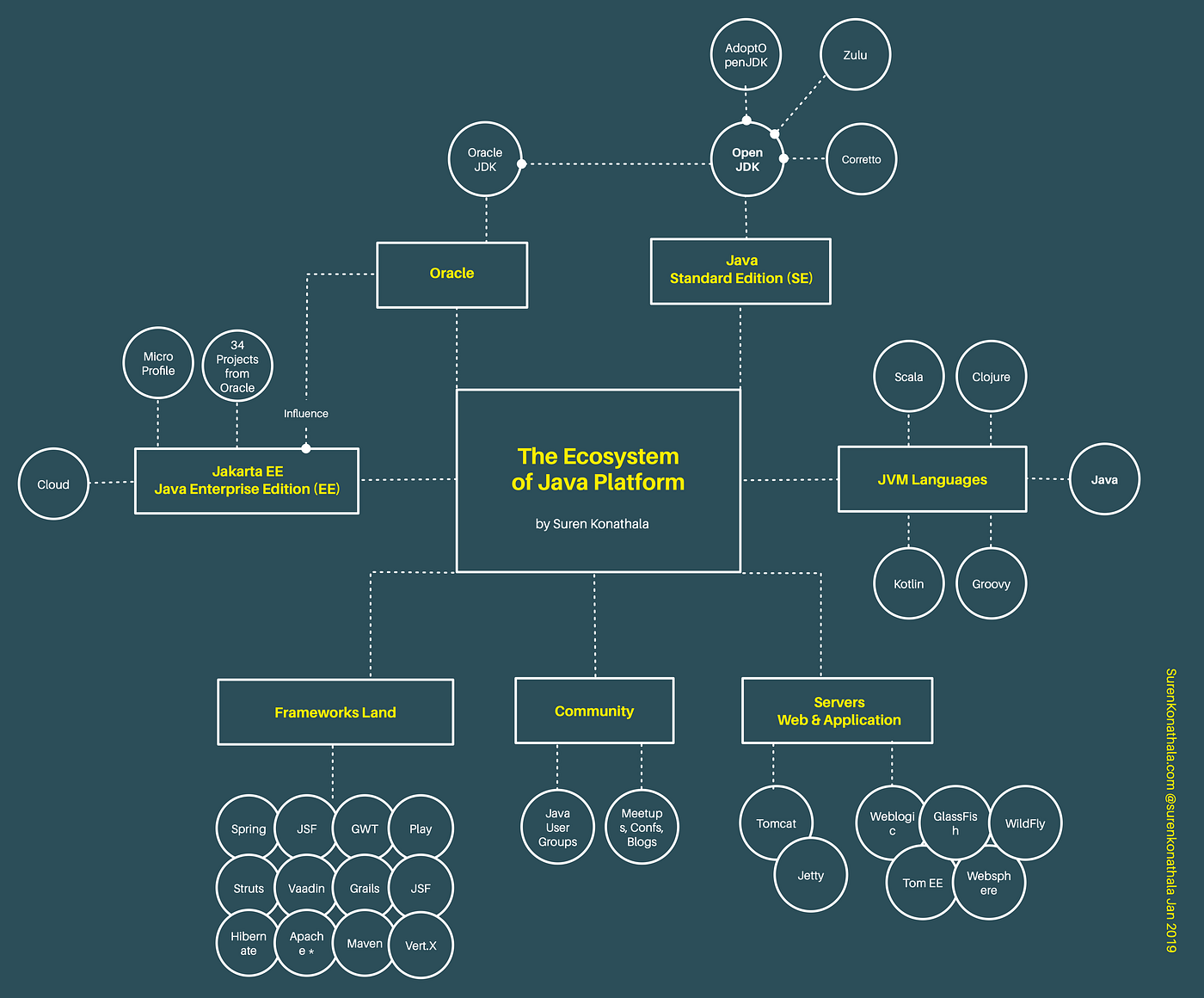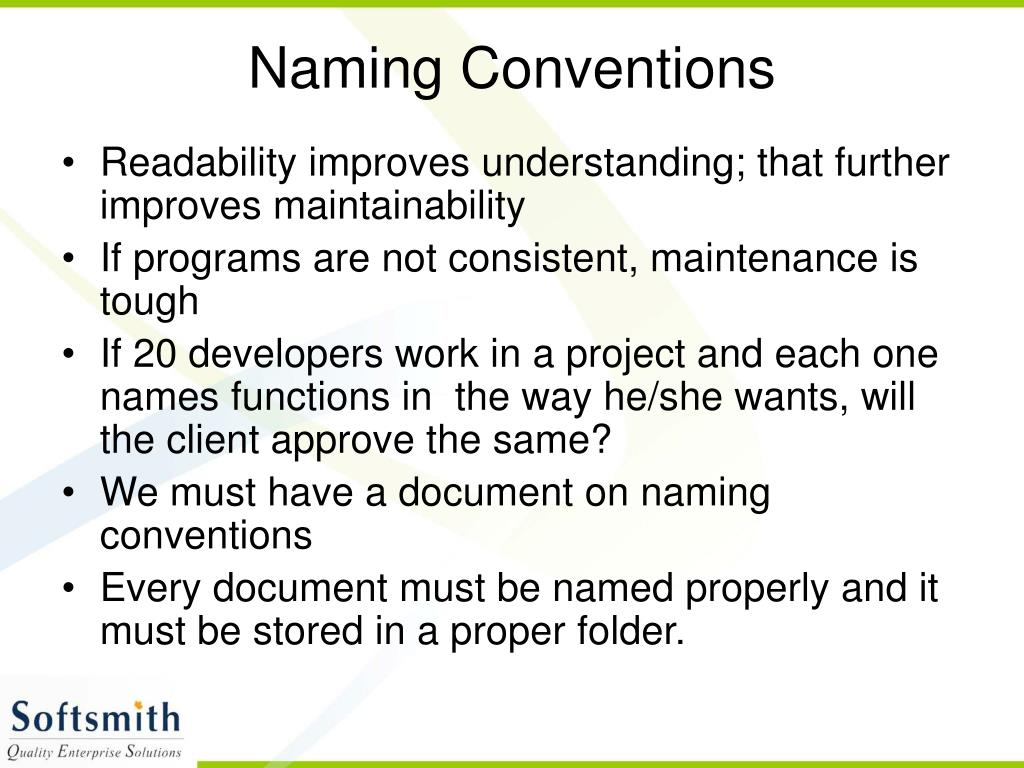Java Programer Presentation
| Introduction to Java Programmer | ||
|---|---|---|
| A Java programmer is a computer programmer who specializes in writing code using the Java programming language. Java is a widely used programming language known for its versatility, portability, and object-oriented nature. Java programmers are responsible for designing, developing, and maintaining Java-based applications and software systems. | ||
| 1 | ||
| Skills and Qualifications | ||
|---|---|---|
| A Java programmer should have a strong understanding of core Java concepts such as classes, objects, inheritance, and polymorphism. Proficiency in Java programming frameworks like Spring, Hibernate, and JavaFX is highly desirable. Familiarity with database technologies such as SQL and experience in working with databases like MySQL or Oracle is important. | ||
| 2 | ||
| Tools and Technologies | ||
|---|---|---|
| Java programmers typically use an Integrated Development Environment (IDE) like Eclipse, IntelliJ, or NetBeans for coding and debugging. Version control systems like Git or SVN are commonly used to manage source code. Java programmers also work with build tools like Maven or Gradle to automate the build process and manage dependencies. | ||
| 3 | ||
| Application Development | ||
|---|---|---|
| Java programmers can develop a wide range of applications, including web applications, desktop applications, mobile apps, and enterprise software. They utilize Java frameworks, libraries, and APIs to streamline the development process and enhance application functionality. Java programmers follow software development best practices, including writing clean code, implementing unit tests, and ensuring code quality. | ||
| 4 | ||
| Career Opportunities | ||
|---|---|---|
| Java programmers are in high demand across various industries, including finance, healthcare, e-commerce, and technology. They can work as software engineers, application developers, system analysts, or Java consultants. Career advancement opportunities include becoming a technical lead, software architect, or project manager. | ||
| 5 | ||
| Industry Trends | ||
|---|---|---|
| The Java ecosystem is constantly evolving, with new versions and updates being released regularly. Microservices architecture and cloud computing are gaining popularity, offering new opportunities for Java programmers. The rise of mobile app development and Internet of Things (IoT) has increased the demand for Java programmers with expertise in these areas. | ||
| 6 | ||
| Continuous Learning | ||
|---|---|---|
| Java programmers should stay updated with the latest Java developments, frameworks, and tools by engaging in continuous learning and professional development. Online resources, books, and coding communities can provide valuable learning opportunities. Participating in coding challenges, attending conferences, and joining Java user groups can enhance skills and expand professional networks. | ||
| 7 | ||
| Collaboration and Teamwork | ||
|---|---|---|
| Java programmers often work as part of a development team, collaborating with other developers, testers, and project managers. Effective communication and teamwork skills are essential for successful collaboration. Java programmers should be able to understand and contribute to the overall software development lifecycle. | ||
| 8 | ||
| Best Practices | ||
|---|---|---|
| Following coding standards and conventions improves code readability and maintainability. Writing modular and reusable code promotes scalability and reduces code duplication. Regular code reviews and testing help identify and fix issues early in the development process. | ||
| 9 | ||
| Conclusion | ||
|---|---|---|
| Being a Java programmer offers exciting career prospects and opportunities to work on diverse projects. Continuous learning, staying updated with industry trends, and practicing good coding practices are key to success in this field. Java programmers play a crucial role in developing robust and efficient software solutions. | ||
| 10 | ||
| References (download PPTX file for details) | ||
|---|---|---|
| Smith, J. (2020). Java Programming for Beginn... Brown, R. (2019). Mastering Java: Advanced Te... Oracle. (n.d.). Java Tutorials. Retrieved fro... |  | |
| 11 | ||









